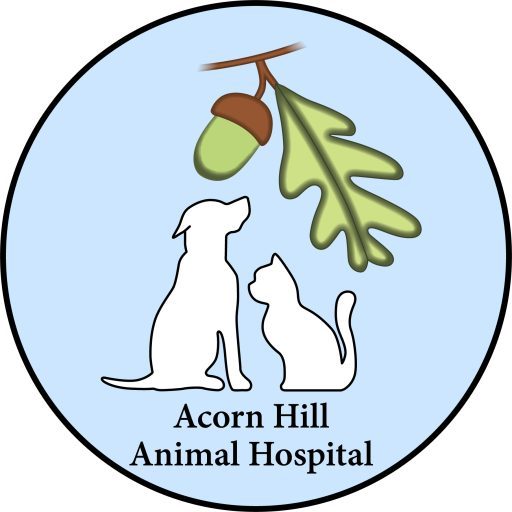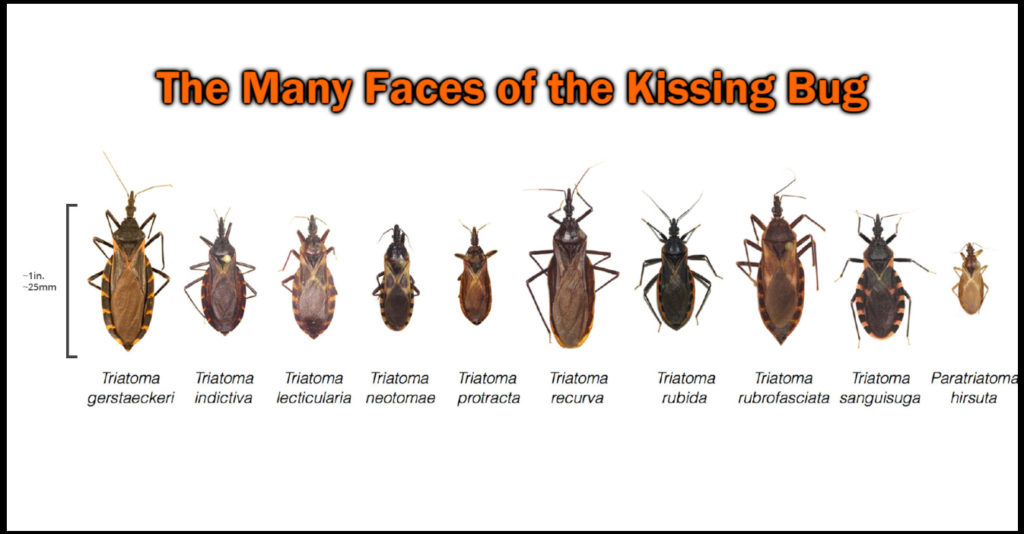Deadly Bugs?: San Antonio Pets & Vets
Scorpions? Nah. The scorpions native to the San Antonio area don’t give veterinarians and their patients much grief. We can discuss those nasty boogers in another veterinary blog post.
Kissing Bug? Yup. These bugs (scientific name Triatoma sp.) have an assortment of names. Per the Texas A&M University website, “chinche mala” is the most common Hispanic name for the Texas species of these nasty boogers.
Why am I writing about this today? Oh yeah, I found one of these bugs in my backyard last week. Yup, same yard the coral snake came from.
These bugs are not directly fatal to our veterinary patients. However, there is a parasite called Trypanosoma cruzi that can live in the gastrointestinal tract of kissing bugs. TAMU reports 50% of the kissing bugs submitted to their laboratory are positive for Trypanosoma cruzi. T. cruzi can cause Chaga’s disease in humans and animals.
Kissing bugs like to hang out in warm places where they can feed on mammals (for our discussion, dogs). Many dogs can be positive for T. cruzi and show no symptoms. Other dogs can have disease progressing to cardiac failure and death. There are limited veterinary treatments available for the Chaga’s disease; however, some researchers are working on solutions. Many times the symptoms of cardiac failure are managed with our more common veterinary heart medications.
Avoiding Chaga’s disease is probably the best veterinary care available!
The following link will take you to a page from the CDC regarding kissing bugs and Chaga’s disease: https://www.cdc.gov/parasites/chagas/gen_info/vectors/index.html
This link will take you to a page from Texas A&M University regarding kissing bugs and their control: https://citybugs.tamu.edu/factsheets/biting-stinging/others/ent-3008/
If we can be of any help answering questions about Chaga’s disease, don’t hesitate to call.



